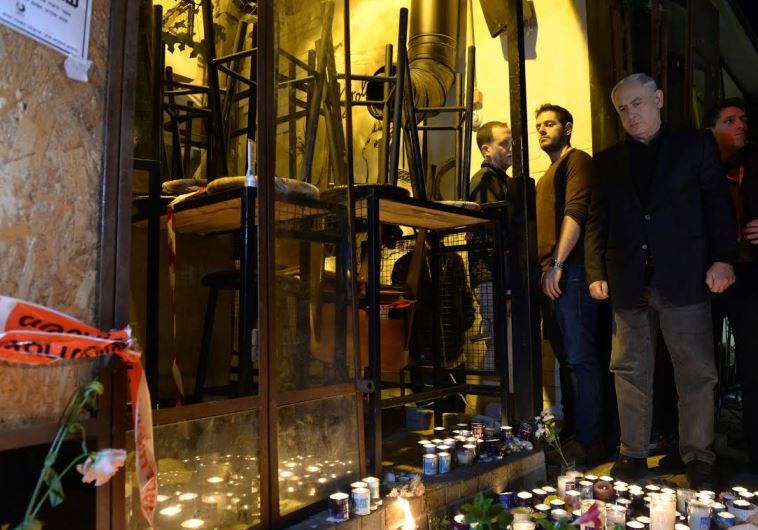Deepening the divide
No conditions should be set for receiving basic rights such as equal funding for health, housing and education, or adequate law enforcement.
 Prime Minister Benjamin Netanyahu at the scene of the shooting attack in Tel Aviv(photo credit: HAIM ZACH/GPO)
Prime Minister Benjamin Netanyahu at the scene of the shooting attack in Tel Aviv(photo credit: HAIM ZACH/GPO)